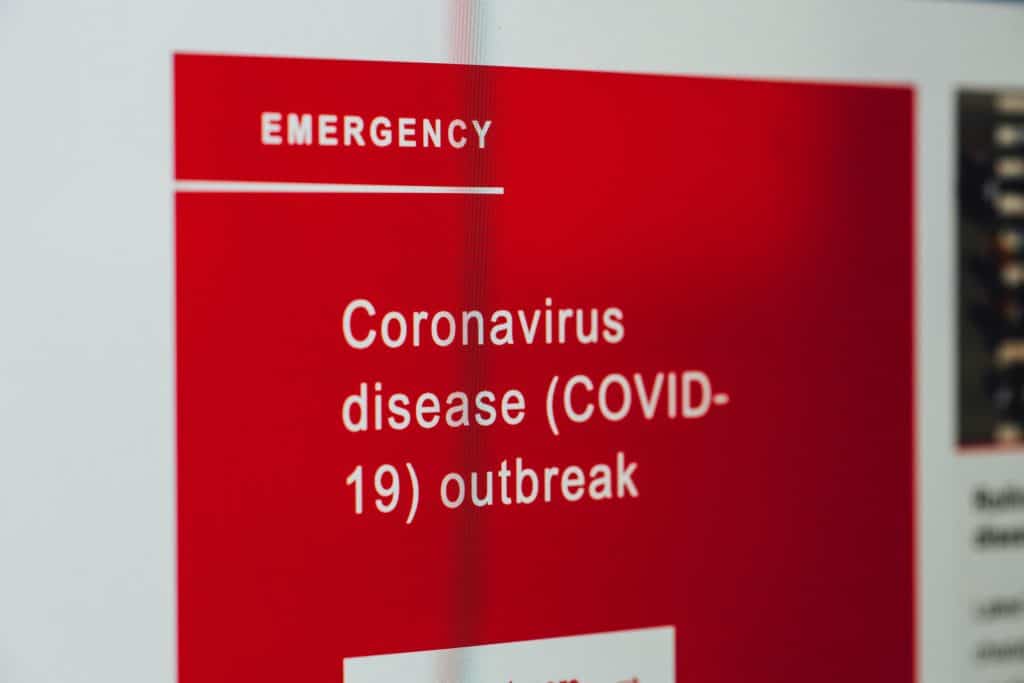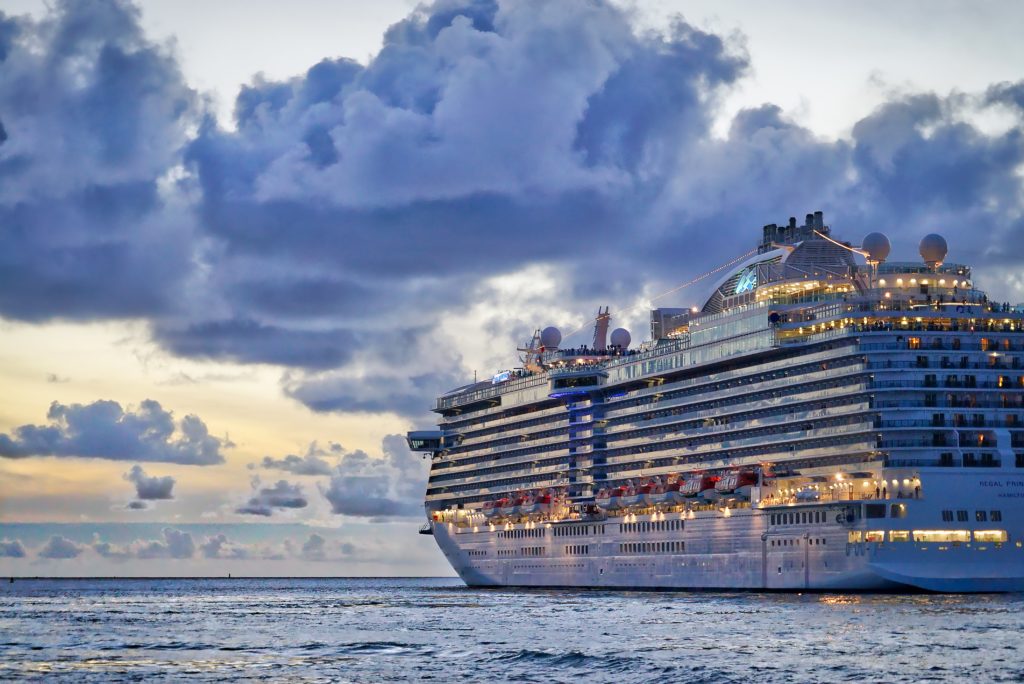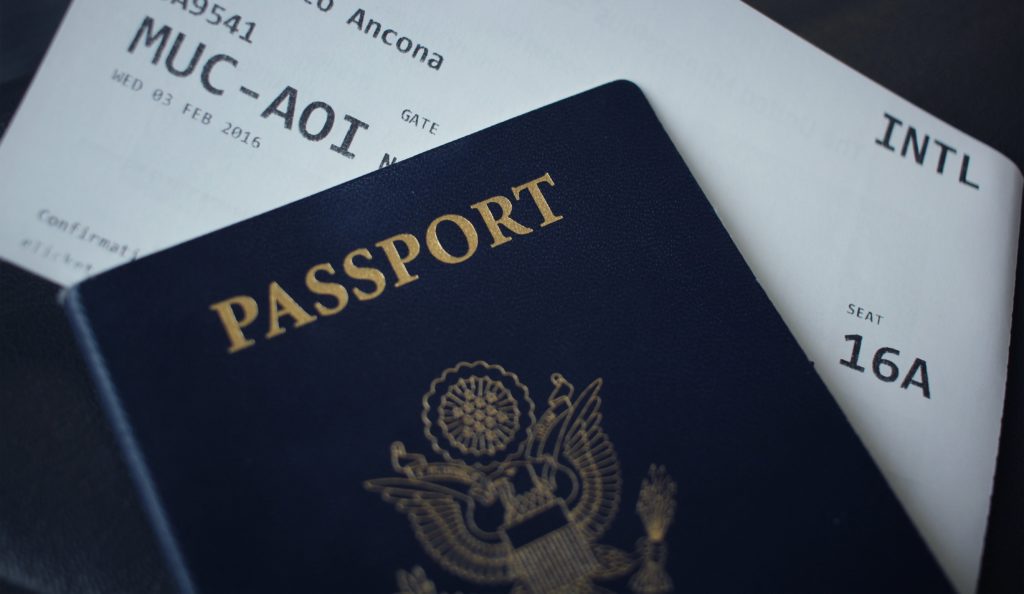
You’ve spent months looking forward to your trip. Flights, accommodation and excursions have been booked and paid for. You’re just about to start packing your bags, restocking on sunblock and plumping your neck pillow, when… Covid-19 brings international travel to an unplanned, unavoidable, screeching halt. So, what now? While serious, the situation may not be as dire as it seems, and may not necessarily entail the cancellation of your trip in its entirety. Here’s the rundown of your rights as a traveller, how to navigate the cancellation and refund process, as well as the answers to some of the most common queries travellers are currently facing.
Countries across the globe have been implementing their own travel policies and preventative measures. It’s important to pay attention to official updates, as these could impact the validity of your travel insurance policies if your actions do not align with governmental mandates. Many individual airlines carry their own set of travellers rights, so reading the fine print on your plane ticket is imperative. Also, be sure to understand the official differences between essential and nonessential travel.

Most countries have advised holidaymakers to reconsider nonessential travel, however, few have initiated a zero-travel policy. While the advisory is not to be taken lightly, technically you can still travel to non-affected areas who are still receiving international visitors. That said, it is very important to stay as up to date as possible on any changes to restrictions, most of which are effective without notice, and to observe strict preventative measures while abroad, such as frequent hand washing and avoiding large crowds or public spaces when possible. Many countries have closed borders to international travellers, but generally, borders have remained open to returning citizens and permanent residents. There is the possibility of quarantine upon re-entry, however, depending on countries visited and length of stay.
Destinations to be avoided and high, medium and low-risk areas fluctuate daily, so be sure to check the status of countries you’ll be visiting, as well as those you may be stopping over in. While many airlines are cancelling flights, particularly from Asia and Europe, there is also a duty carried by service providers to ensure a passenger’s safe return to their home country or country of origin should the passenger not be eligible for a flight refund.

In terms of cancellation, if your government has not issued an official warning for the area to which you plan to travel, then a refund is highly unlikely. Airbnb has put an Extenuating Circumstances policy in place allowing any accommodation provider or customer to cancel reservations between 14 March and 14 April 2020 for any reason without penalty. 86% of cancellations by guests in the past month were able to receive full refunds, however, it is advised that you speak directly with an Airbnb host if you plan to cancel and request a refund.
If you are hesitant to cancel your trip, many airlines, hotels and other facilities are allowing free rebookings should they be shut down as a result of the outbreak. Travel insurers are advising customers to first check directly with airlines and accommodation providers regarding refunds and rebooking, as travel insurance itself rarely accounts for cancellation costs in full.
Overall, the global situation is tenuous, uncertain and subject to drastic and often rapid change in both extent and official policy. As always in times of crisis, the most important weapon is information. Be sure to be attentive to official announcements from both local and international authorities, and consult the World Health Organisation for updates on the spread of COVID-19 and suggested precautions. Most importantly, stay safe and be kind to one another!
Sources: https://www.bbc.com/news/business-51615412, https://www.nytimes.com/article/coronavirus-travel-questions-advice.html, https://www.forbes.com/sites/johnscottlewinski/2020/03/16/airbnb-responds-to-coronavirus-with-expanded-cancellation-policy/#77422b645522
B4i.travel simplifies your communication needs when travelling and takes the risk out of high international roaming costs. We offer a range of pre-loaded, pre-activated and pre-registered world travel SIM cards so you’ll be connected when you arrive in the country you are visiting. Tourists, students and businessmen have been talking like a local in South Africa, USA, Europe with B4I.travel since 2010. It’s time to ‘Explore your world’.







